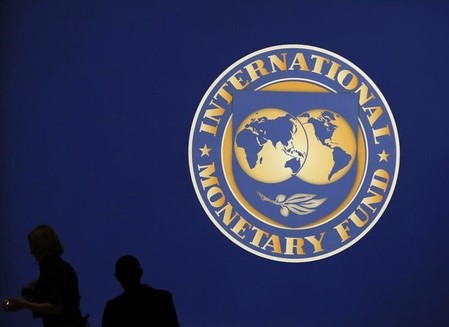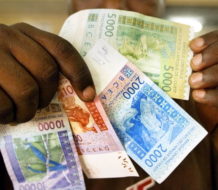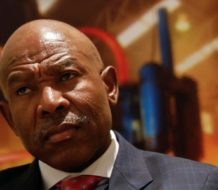JOHANNESBURG (Reuters) – Corruption in South Africa is hampering reforms needed to boost economic growth and greater transparency is needed at state-owned companies, a senior International Monetary Fund (IMF) official said on Tuesday.
IMF First Deputy Managing Director David Lipton said that cutting taxes and increasing government spending would not solve the problem of sluggish growth in Africa’s most sophisticated economy.
The IMF recently cut its growth forecast to only 0.1 percent for 2016 versus a previous estimate of 0.6 in May, citing the impact of severe drought and ineffective fiscal policy.
President Jacob Zuma’s unexplained decision to change finance ministers twice in four days in December and a series of political upheavals that followed had also hurt the economy’s prospects, Lipton said.
“The leadership changes at the National Treasury last December and other political developments have had an adverse impact,” he told a public lecture in Johannesburg.
“They have heightened concerns about governance, deepened political uncertainty and shaken investor confidence.”
Lipton also alluded to investors’ lack of faith in the management of South Africa’s 300-odd state-owned enterprises, many of which are over-staffed and under-productive.
A team commissioned by Zuma to review the firms recommended that some should be sold but nothing has happened.
“Support for money-losing companies is a growing drain on government coffers,” Lipton said.
As a solution, he suggested South Africa centralise the formulation of fiscal policy, reduce labour regulation uncertainty and root out public sector corruption.
(Reporting by Mfuneko Toyana; Editing by Ed Cropley)




